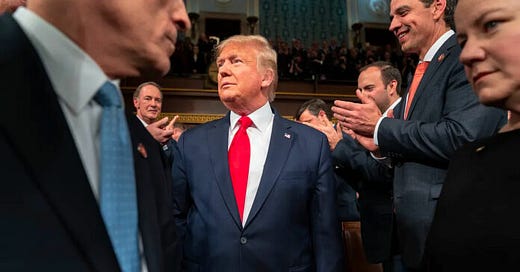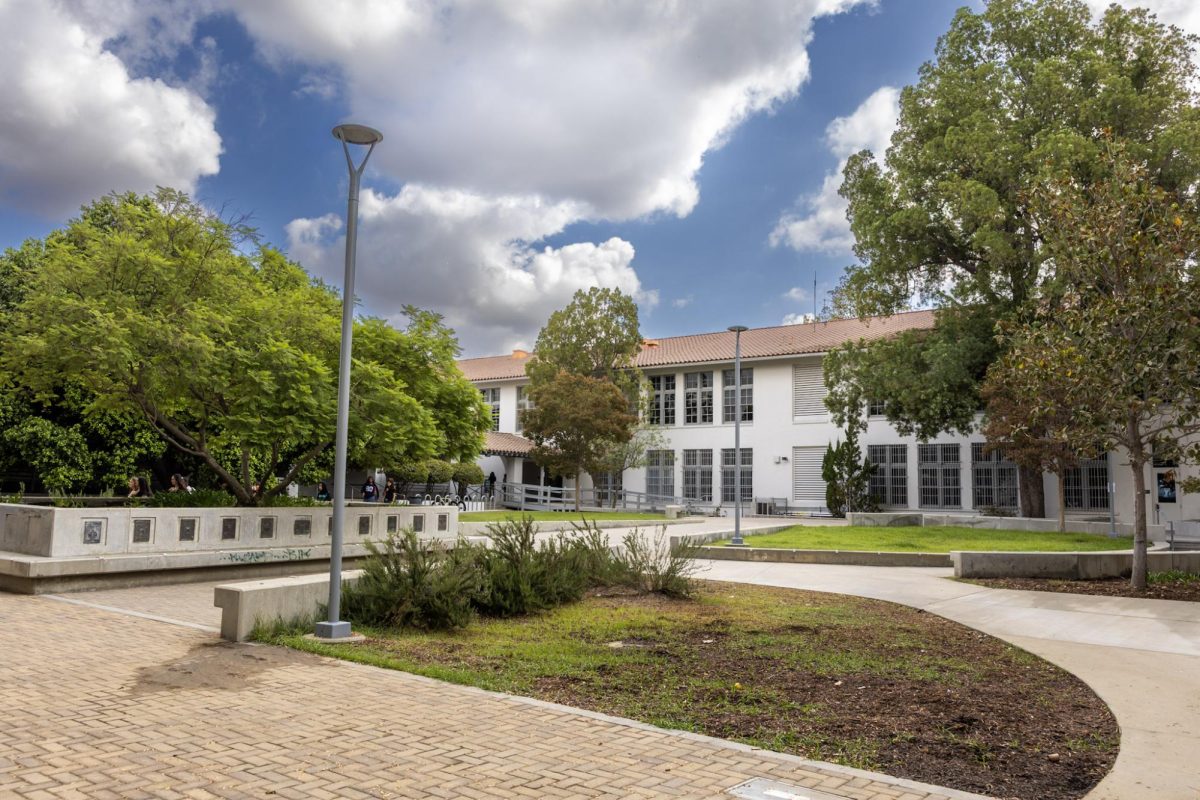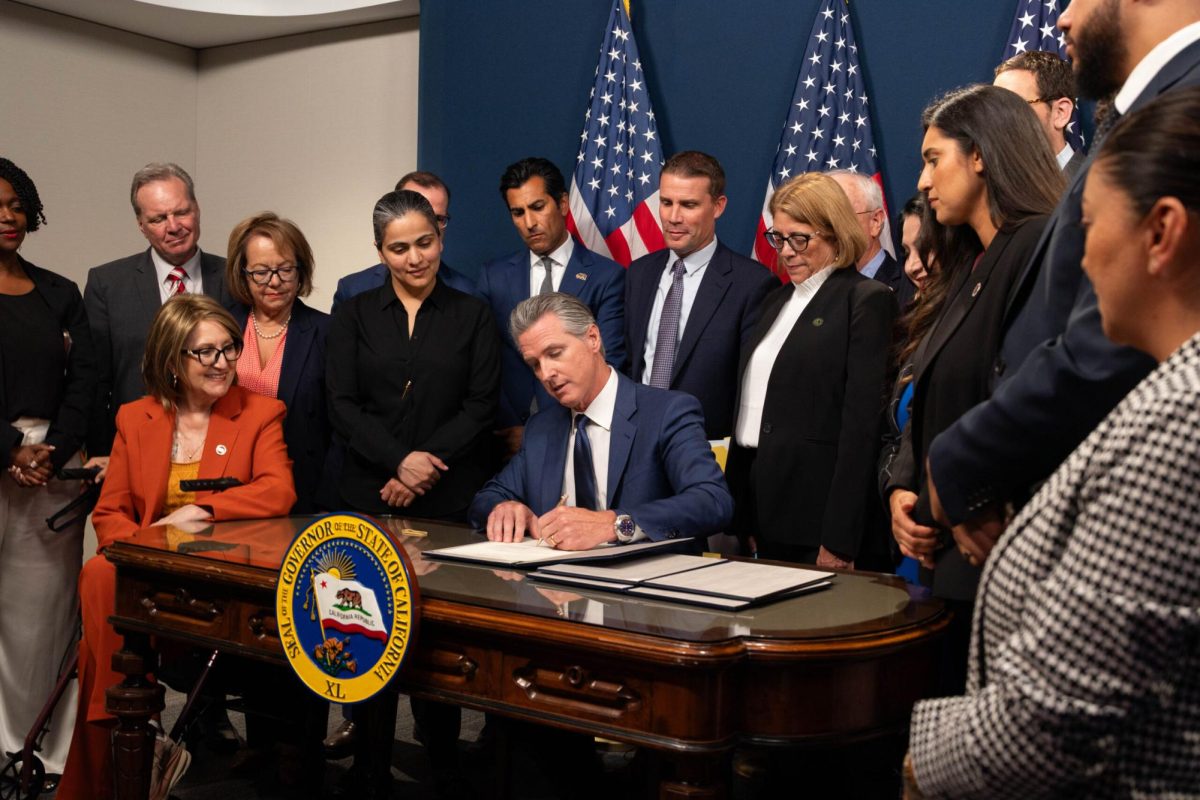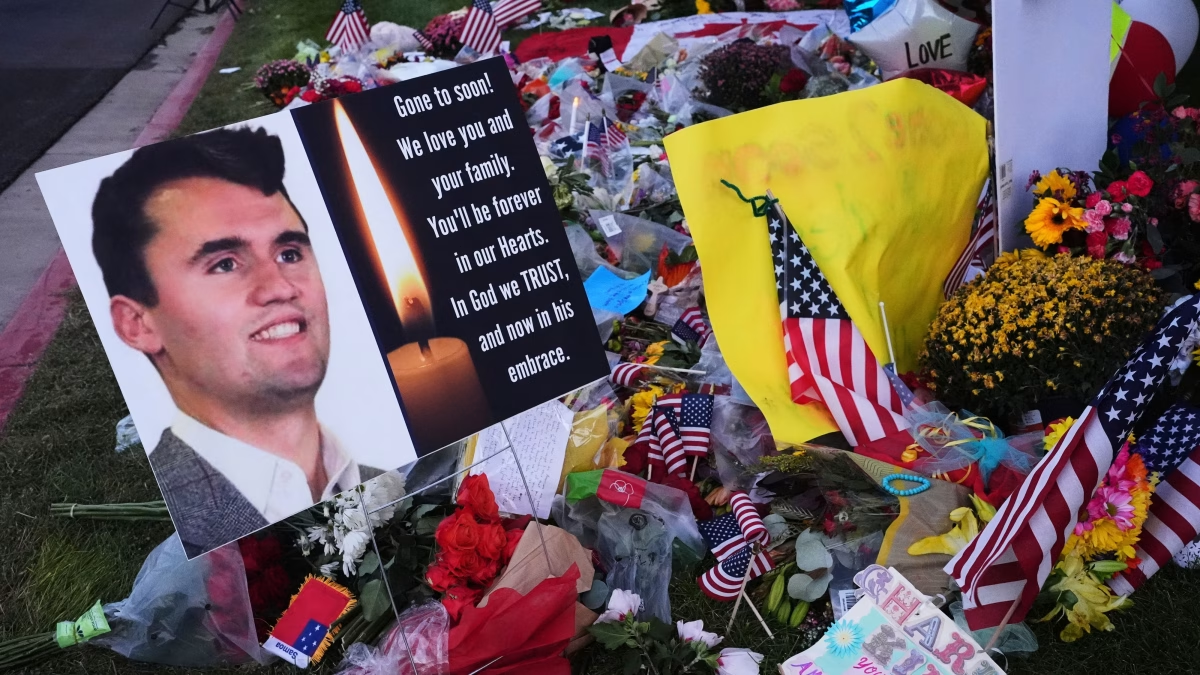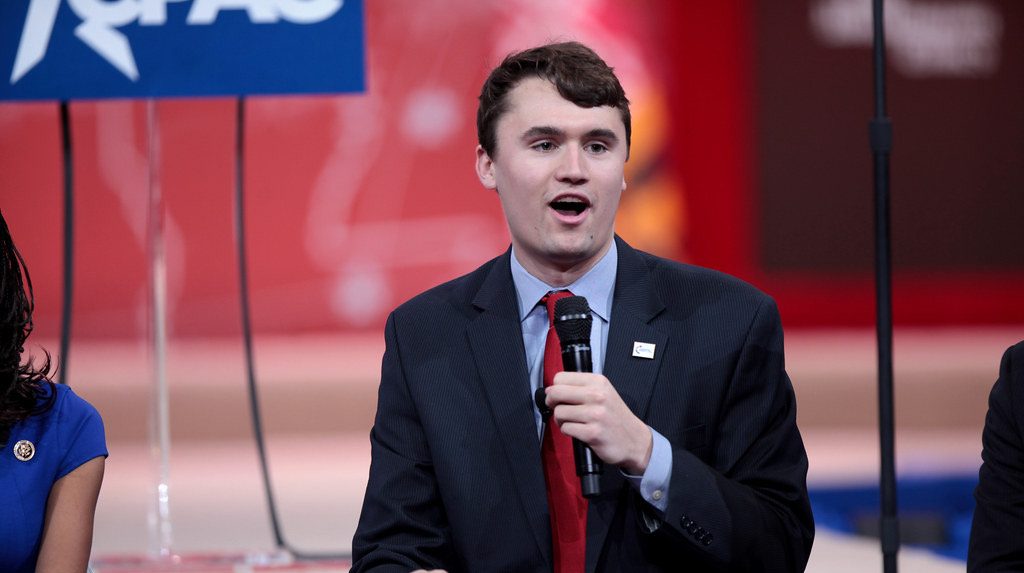Our new administration has quietly erased 250 terms from use across government agencies, official websites, and even scientific research. While the White House denies the existence of a formal ban, the pattern is undeniable—and deeply alarming. The censored terms share a common thread: they center on diversity, gender identity, belief systems, and data-driven inquiry. Taken together, this calculated silencing threatens not only freedom of expression, but the integrity of knowledge itself
Removing these language terms will not only diminish the representation of people of color, women, and marginalized groups, but it also creates a greater cultural divide. This action seems to uncover a darker chapter in American history—a time when certain groups were systematically oppressed and excluded from mainstream society.
The proposal, which aims to eliminate terms that advocate for inclusion, threatens to undermine hard-won progress in how we address issues of racial and gender equality. It signals a disregard for the identities of those who have historically been oppressed, reducing their experiences to an afterthought in legal and governmental discourse. The removal of these words is not just about language being kept concealed— it’s about erasing the struggles and saddening histories of marginalized communities, including people of color and those with differing religious beliefs. It’s a constant reminder that the lessons learned from past injustices in history, may be too easily forgotten.
Senior Tyler Coleman, questioned the necessity of such changes.“If I’m filling out a job application and it asks for my race—Black or African American—why is that a problem? Is it a trigger word? There are people dying, the economy is spiraling, and prices are at an all-time high. Why focus on censoring words instead of real issues?”
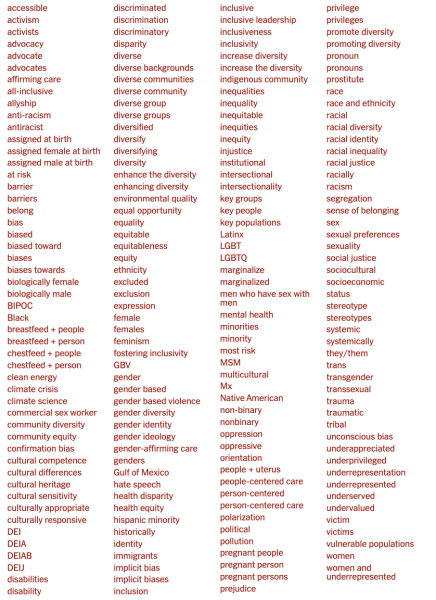 The Trump administration’s actions go even further beyond race and gender. When it comes to terms related to mental health, which play a critical role in the lives of many Americans, especially young teenagers, they are also being targeted. Mental health awareness is more crucial than ever, as it addresses the struggles faced by millions of Americans. Some statistics that highlight the trouble that many American students experience. 42% of them have experienced mental health problems and by removing these terms, the administration risks silencing conversations. This is an important issue that affects so many people across the country.
The Trump administration’s actions go even further beyond race and gender. When it comes to terms related to mental health, which play a critical role in the lives of many Americans, especially young teenagers, they are also being targeted. Mental health awareness is more crucial than ever, as it addresses the struggles faced by millions of Americans. Some statistics that highlight the trouble that many American students experience. 42% of them have experienced mental health problems and by removing these terms, the administration risks silencing conversations. This is an important issue that affects so many people across the country.
Monica Lopez, a senior at North Hollywood, fears the consequences for vulnerable immigrant communities. “As an immigrant with only my mom to rely on, this feels like an attack on our existence. Removing these terms won’t erase our struggles—it’ll just make it harder to be seen and supported. In healthcare, legal rights, and social services, it could mean fewer protections and resources for those who need them most.”
Civil rights groups warn that censoring language sets a dangerous view of the government and harms our legalization. If the government can erase words tied to marginalized groups, they can also use their rights to create a communist society. The international human rights organizations have raised concerns, arguing that removing such language often precedes the loss of legal protections.
One proposal made by President Trump that has created a chain reaction is, renaming the “Gulf of Mexico” to “Gulf of America.” Claudia Sheinbaum, President of Mexico, has strongly opposed this, calling it a politically motivated attempt to rewrite history rather than a legitimate geographical revision— even Google maps has altered the name of the region.
In conclusion, the proposal to ban inclusive terms from court documents is more than just about language—it threatens to erase the identities and struggles of marginalized communities. Removing terms related to race, gender, mental health, and immigration undermines years of progress in equality and social justice. As Senior Tyler Coleman pointed out, focusing on censoring words instead of addressing real issues only deepens divides. These changes risk silencing vital conversations and diminishing protections for vulnerable groups. If successful, this move by the Trump administration could erase important lessons from history, making it easier to forget the struggles of those who have long fought for recognition and equality. We all have to take a stance against such efforts, ensuring that we do not lose sight of the values that have shaped our more inclusive society.

